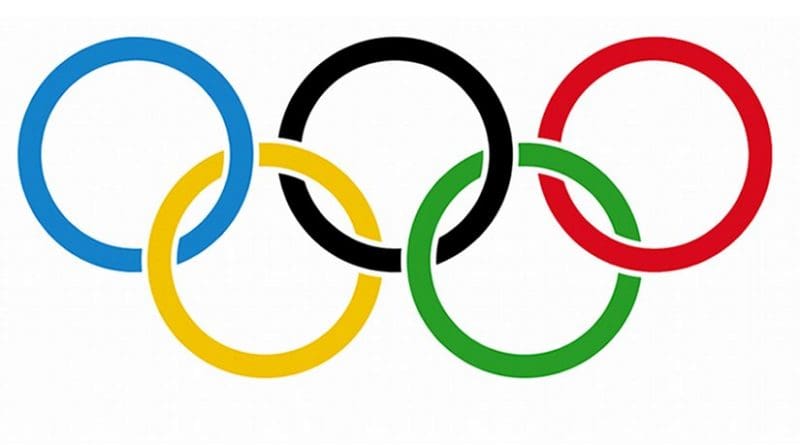Sport And Resistance: Lilesa’s Brave Stand For Freedom In Ethiopia – OpEd
According to the late Nelson Mandela, the great South African anti-apartheid revolutionary who served as President of South Africa from 1994 to 1999, “Sport has the power to change the world.” It brings people together, offering unity and shared celebration. At the same time, however, sport frequently serves as an important outlet for social and political resistance. Specifically, for those suffering oppression, discrimination, and despair, sport is often so significant because it provides a vital means of retaining humanity, dignity, hope, and inspiration.
In Brazil, as he crossed the finish line to take the Olympic silver medal after a gruelling marathon race, Ethiopia’s Feyisa Lilesa crossed his arms above his head. Later, at the conclusion of his press conference, Lilesa repeated the gesture in front of the world’s media. Although at first glance the gestures appeared somewhat innocuous, they were strong and courageous acts conducted in solidarity with the thousands of people in Ethiopia and across the world protesting against the Ethiopian government. Hundreds of anti-government protesters have been killed and countless others arrested by authorities amid the ongoing crisis in Ethiopia. For months, hundreds of thousands of people from Ethiopia’s largest ethnic groups (primarily the Oromo and Amhara) have rallied to protest political marginalization and systematic persecution by the minority-led government. In Brazil, the young Lilesa, from the Oromia region of Ethiopia, not only won silver, he utilized his platform to stand up for justice and emphasized the underlying socio-political significance of sport.
For years, the banned colles castelleres (human towers) or trekking excursions and support for FC Barcelona were a reflection of Catalonian resistance against Franco’s fascistic regime in Spain, while support for Spartak Moscow was, at times, seen as a symbol of political resistance against the official establishment in the former USSR. Additionally, in Korea, football within the curricula of physical education created a platform for Korean resistance to Japanese colonialism (Numerato 2011: 109-110).
Similarly, in Eritrea, the most popular sport, cycling, became a symbol of resistance to Italian colonialism. The first sighting of a bicycle in the country was in the latter half of the 1800s in Massawa, having been introduced by the Italians. By the 1930s, clubs were being organized, and on 21 April 1937, the first race took place in Asmara. However, during this period, Eritreans were barred from races and clubs due to the segregationist policies of fascism. Not to be denied, Eritreans soon created their own competitions and formed their own clubs. Then, in 1939, a special “trial of strength” was organized by the Italian colonial administrators; Eritreans and Italians would compete together in the same race. In Mussolini’s Italy, sporting success was to embody the greater glory of the fascist nation-state, and the joint Eritrean-Italian race was expected to display the superiority of the colonial master. Instead, like Jesse Owens’ spectacular destruction of Hitler’s Nazi propaganda about Aryan supremacy in the 1936 Munich Olympics, Eritrea’s Ghebremariam Ghebru won the race and shattered colonial myths about Eritrean inferiority.

